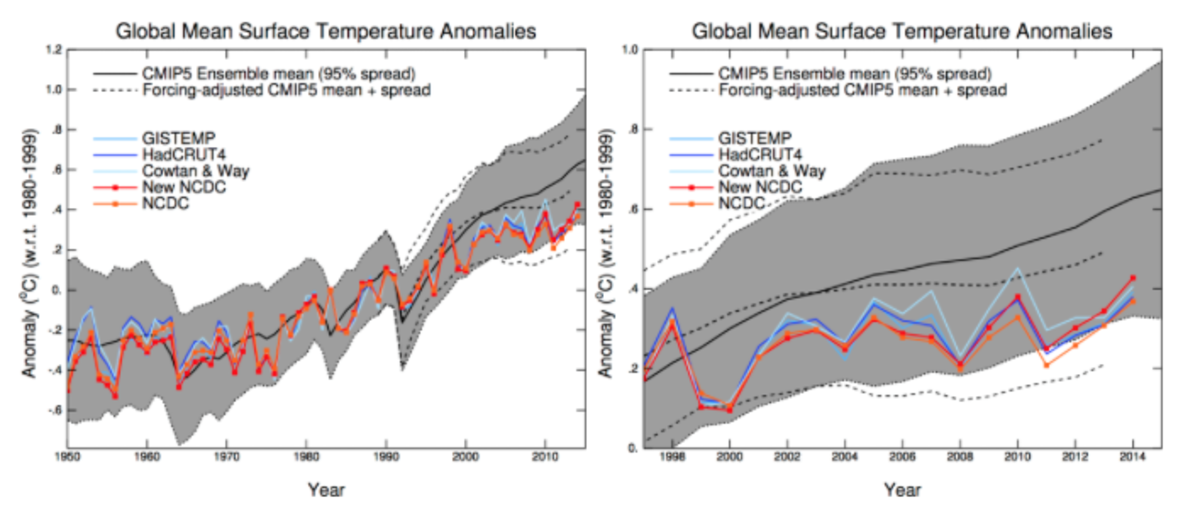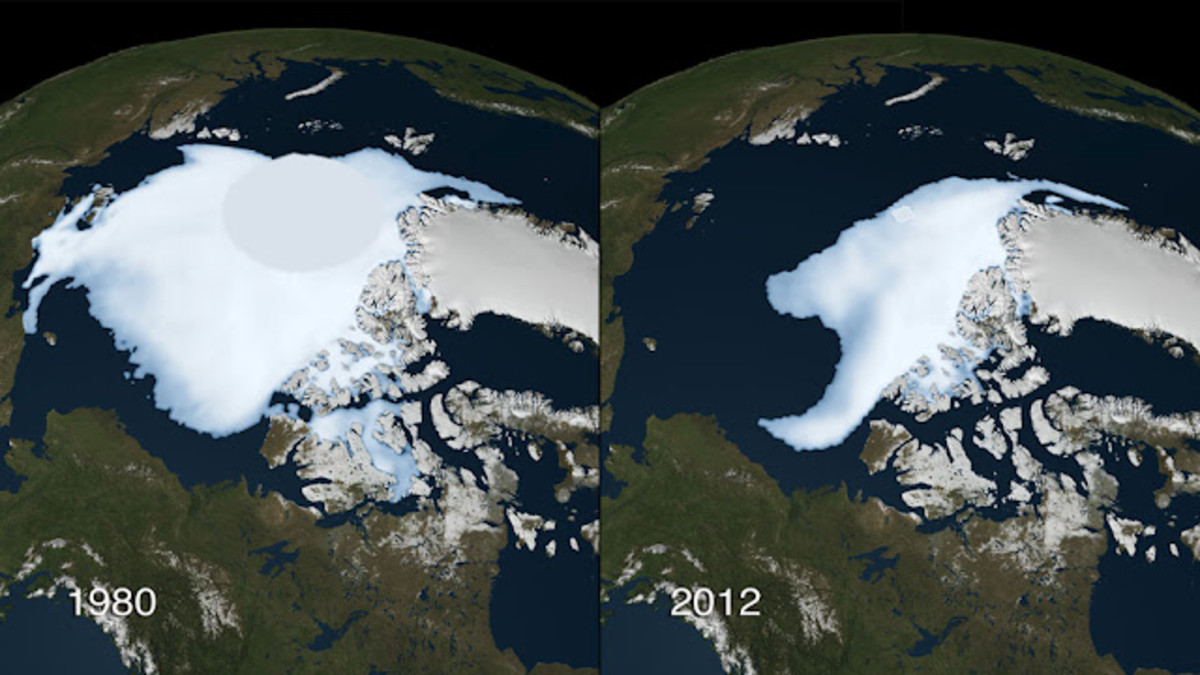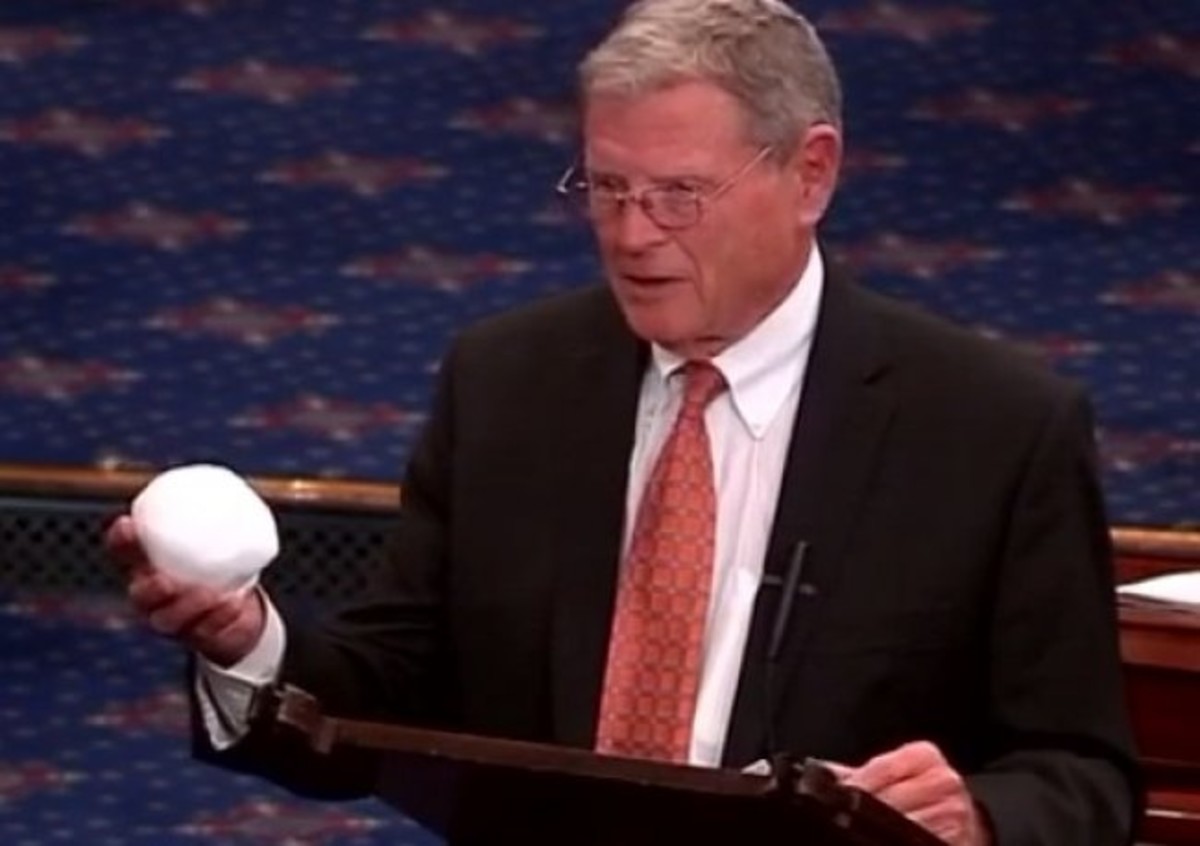A Black Box Approach to Climate Change
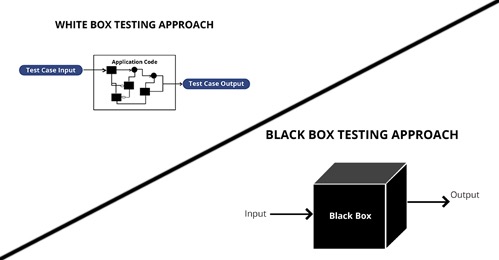
Introduction
Over the past few decades, scientists of all disciplines have been trying to understand the science behind climate change. They have done so mainly using the white box approach. They study a process, and observe and create models and make predictions about the future... The problem is this process is very complex and they cannot do the proper analysis on individual components of this whole system. Alternatively, when dealing with problems like this, a black box approach may be better.
- Nov. 2018
What is a Black Box Approach?
It is a simple way to look at a complex mechanism. It assumes the item in question is enclosed in a black box. Meaning, we cannot see what is inside the box. It only has two communications with the outside. One is input stimulus and the other is output measurements. What is inside the box no one knows. For practical purposes, it does not matter. All that is needed is some assumptions about the content and how it reacts to stimulus and the output changes.
A simple example to illustrate this is the following.
Suppose we place a sound amplifier inside a black box and seal it.
We give the box to a group of kids and have them play with it. They are instructed to follow the basic rules. They can do what they will with the box but cannot open it or destroy it. They are asked to come up with the hypothesis or guess the content inside the box.
Most kids, having played with the box will come up with some idea such as a speaker or a bull horn or a radio or a musical instrument or some other sound producing instrument. All they can tell is that the box will react to an external sound and produce another sound of some kind.
Can they deduce the actual item as being a sound amplifier? It depends how smart they are or how skilled they are at doing this type of analysis. If it was me, I would try various sounds as input and record what was coming out. By simple analysis using a frequency analyzer, we can determine by our experiment that the box contain a device that repeat the sound going in and in fact makes it louder. Whether that device is a bull horn or a piece of delicate electronics does not matter. The conclusion is correct.
How Can This Help Us In The Study of Climate Change?
This simple technique can help us verify and confirm what we know and perhaps point us to things we don’t know.
Taking the black box approach, assume we place the earth inside this black box. A virtual black box. Assume also we think the greenhouse effect is what‘s driving the global warming in the past few decades. Based on this, we can do an experiment. Suppose we place CO2 levels inside the black box to be 400ppm. Assume we have the Sun shining as it always does. What should be the ambient temperature inside the box. This simple experiment would result in some data we can verify. Is the earth as warm as it is postulated to be after the CO2 level has reached a certain threshold?
There are two posibilities, either it is or it isn’t. When the data agrees with the predicted amount, we are done. We have come up with the simple model of the earth’s climate. However, if the data does not match the predicted amount, then the conclusion has to be that our model is incomplete.
Now we are getting some where interesting. What else could be inside our black box?
Here is a long list of possibilities...
- variations in the sun
- variations in planetary motions
- variations due to other gases
- volcanic explosions
- increased plants growth - the greening of the earth
- clouds variation
- changes of the Jet Stream
- cooling effects due to air pollution
- the cutting down of the rainforest
- the paving of roads and highways
These and many other phenomenon can contribute to the climate changes we see. Once we have sufficient data, we can go back and make various assumptions based on their effects. It should be possible to come up with a simulation of the last 50 years.
The scenario with the best fit of the data would in my mind be the best explanation of climate change. As time progress, and more data is collected, my guess is this model will also increase in accuracy.
Does this make sense?
The Blind Men and the Elephant
I am reminded of the cartoon. Current climate scientists are acting like blind men looking at a phenonmenon assuming that the theory is solid. However, they are not getting the whole picture. They don’t even know the scope or timeframe this phenonmenon occurs.
A unified approach is needed. One super group of scientists collectively looking at this problem - like a black box and coming up with theories and collecting data to verify their assumptions. This is the way to get to the bottom.
In the 20 years since Al Gore’s award winning documentary film, we have made little progress both in prediction and accuracy. Why is that? Perhaps, we are barking up the wrong tree?
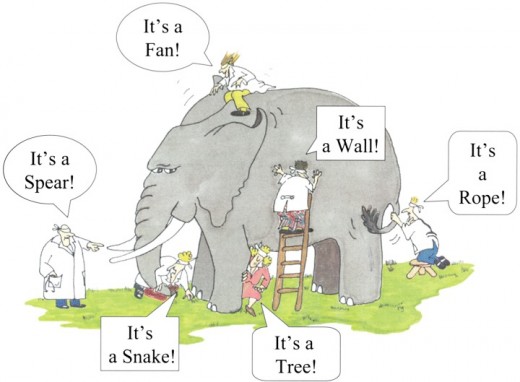
Summary
I readily admit the study of climate change is very difficult. There are too many moving parts. Most are long term effects that takes decades to complete. Some are cyclical that may also take decades. Some are interacting and perhaps contain both positive and negative feedbacks. That is exactly why a black body approach may be best. We may not care the details of what is inside this box. As long as we can similate the total net effects of a series of hypotheses, and the data is within the range of acceptible error, it is good enough.
The other item not mentioned is time scale. These models happens within a period of time. Once we have a reasonable model, we can project forward and see how long does it take for certain effects to come to fruition. The time scale is important because depending on how long, it may be a serious problem or it may be something we don’t need to worry about.
© 2018 Jack Lee



